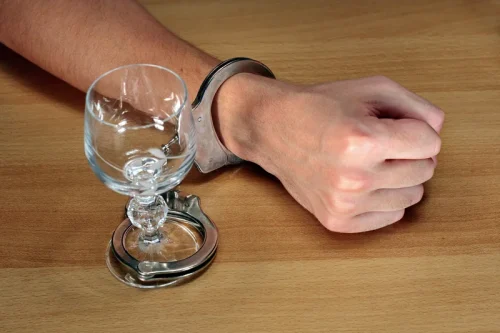
Sleep is another important factor in relieving the symptoms of alcohol fog or any common type of cognitive impairment. This is because sleep deprivation can lead to fatigue and difficulty concentrating. Underage drinking increases the risk of anxiety, depression, and low self-esteem, which can affect the brain long-term. Heavy drinking may weaken parts of the brain that are responsible for cognitive function and emotion regulation. Brain fog and long-term alcohol misuse can increase vulnerability to mental health disorders such as anxiety and depression. The impact of alcohol on neurotransmitters and brain chemistry can disrupt mood regulation and contribute to the development or worsening of these conditions.
Manage Your Stress
I’d do video calls with my camera off, then collapse on the sofa afterwards feeling terrible. I’d lost all the sharpness that I’d prided myself on and alcohol brain fog I had constant “brain fog”, struggling to focus. After the first few days of recovery, you will start to notice that the brain fog seems to lessen.
- Here are 5 simple and practical ways to get your brain back on track during recovery.
- There are several popular apps for a brain workout, including Fit Brain, which features exercises that target emotional intelligence and self-awareness.
- Stress is a common culprit behind brain fog, and one of the aspects of life you can work to change so you can think more clearly in the future.
Certain Medical Conditions
Your occasional forgetfulness can come with the ups and downs of changing hormones. You might worry that your occasional memory lapses are tied to something more serious than the decline in estrogen and progesterone, and instead may be early signs of dementia. I go to parties and no one has to hide alcohol from me – I just don’t want it. And I’m always grateful when someone thinks to buy non-alcoholic tipples so I don’t feel left out.
Common Symptoms of Alcohol Fog
Therefore, to understand the effects of alcoholism, it is important to consider the influence of a wide range of variables. Researchers have not yet found conclusive evidence for the idea that any one variable can consistently and completely account for the brain deficits found in alcoholics. Characterizing what makes alcoholics “vulnerable” remains the subject of active research. It’s crucial to recognize that the impact of alcohol on the brain doesn’t cease immediately after stopping alcohol consumption. The residual effects can continue to affect cognitive functions and overall mental clarity.

As safe alcohol consumption varies from person to person, and different sources recommend various intakes, it is important to take an individualized approach. People should talk to a healthcare professional about their drinking history and personal risk factors to get tailored advice on safe alcohol consumption. The precise symptoms of alcohol-related brain damage depend on a person’s overall health, how much they drink, and how well their liver functions, among other factors. You can promote healthy changes in the brains and behaviors of patients with AUD by encouraging them to take a long-term, science-based approach to getting better. For practical, evidence-based tips on supporting your patients with AUD, see the Core articles on treatment, referral, and recovery.
Addiction Treatment
Conversely, other recent data suggest a lower risk for dementia in people consuming a few alcoholic beverages a day. This includes a 2022 study showing that in around 27,000 people, consuming up to 40 grams of alcohol (around 2.5 drinks) a day was linked to a lower risk for dementia versus abstinence in adults over age 60. A much larger study of almost 4 million people in Korea noted that mild to moderate alcohol consumption was linked to a lower risk for dementia compared to non-drinking. Before we look at alcohol’s role in brain fog, let’s take a moment to define brain fog.
- Many people with brain fog also feel fatigued — both mentally and physically.
- Or my younger daughter Georgia, who still lived at home then, would say, “do you have to, Mum?
- Given alcohol’s short- and long-term effects on the brain, it’s perhaps unsurprising to learn that we can get that lethargic, dull mental state we refer to as brain fog after drinking.
- Alcohol can damage the brain, but most cases of brain fog do not come from brain damage.
- And what’s more, experts say that sleep deprivation can increase your risk for chronic health problems such as high blood pressure, obesity, and heart disease.
Understanding Alcohol-Induced Brain Fog
- Rather, the effects of alcoholism are disproportionately expressed in older alcoholics (Oscar-Berman 2000).
- They can help you find treatment options to reduce its impact on you.
- An overdose of alcohol affects the brain’s ability to sustain basic life functions.
- Seeking treatment and maintaining sobriety is essential to prevent relapse and keep your cognitive function on the rise.